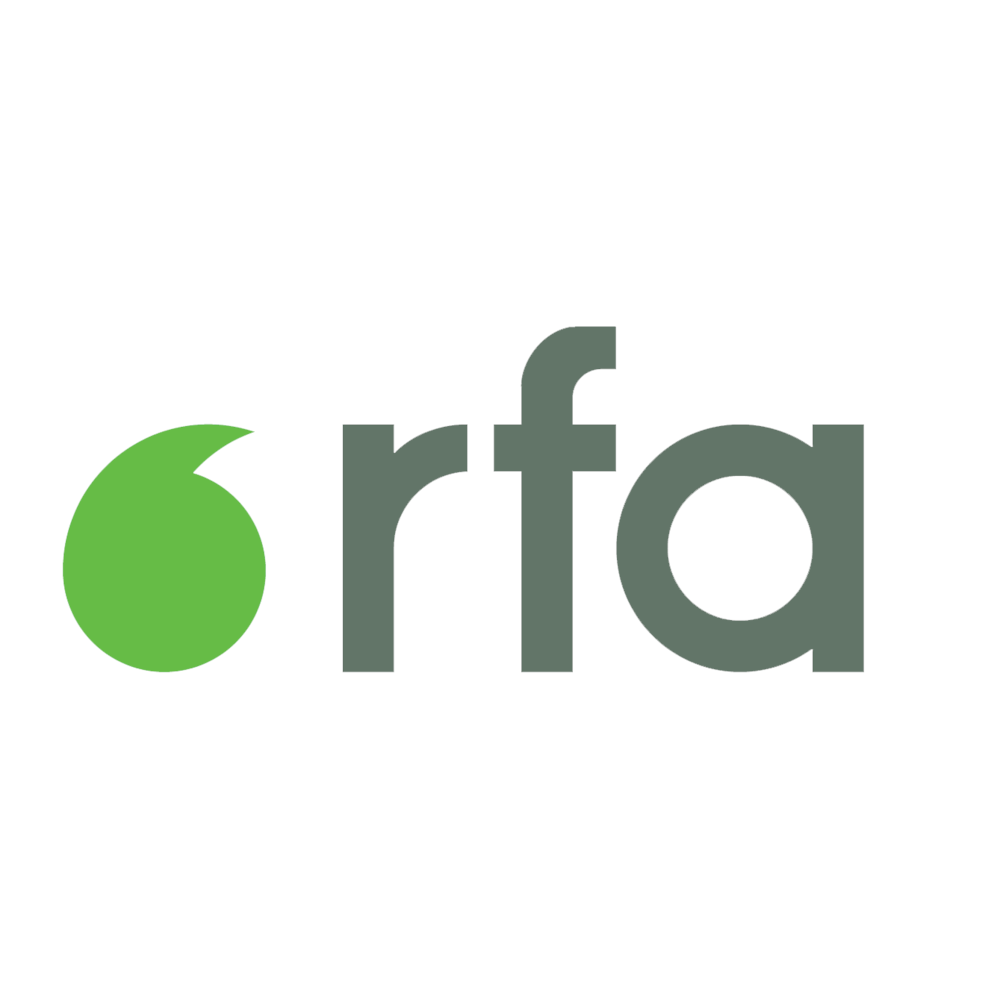I’ll just start my own journal with blackjack and hookers.
Needs text alternative.
Images of text break much that text alternatives do not. Losses due to image of text lacking alternative such as link:
- usability
- we can’t quote the text without pointless bullshit like retyping it or OCR
- text search is unavailable
- the system can’t
- reflow text to varied screen sizes
- vary presentation (size, contrast)
- vary modality (audio, braille)
- accessibility
- lacks semantic structure (tags for titles, heading levels, sections, paragraphs, lists, emphasis, code, links, accessibility features, etc)
- some users can’t read this due to lack of alt text
- users can’t adapt the text for dyslexia or vision impairments
- systems can’t read the text to them or send it to braille devices
- web connectivity
- we have to do failure-prone bullshit to find the original source
- we can’t explore wider context of the original message
- authenticity: we don’t know the image hasn’t been tampered
- searchability: the “text” isn’t indexable by search engine in a meaningful way
- fault tolerance: no text fallback if
- image breaks
- image host is geoblocked due to insane regulations.
Contrary to age & humble appearance, text is an advanced technology that provides all these capabilities absent from images.
They don’t do much: they’re obsolete middlemen.
It’s funny, because researchers at CERN invented the World Wide Web long ago to solve this problem: a web of hyperlinking[1] dissertation articles. Then physicists at Los Alamos National Laboratory who were building a central repository of electronic preprints seized on the web to create arΧiv for sharing those preprints, thus pioneering open access. The NIH, inspired by arΧiv to do similar for biomedical & life sciences, dreamt up E-biomed
The goal of E-biomed was to provide free access to all biomedical research. Papers submitted to E-biomed could take one of two routes: either immediately published as a preprint, or through a traditional peer review process. The peer review process was to resemble contemporary overlay journals, with an external editorial board retaining control over the process of reviewing, curating, and listing papers which would otherwise be freely accessible on the central E-biomed server. Varmus intended to realize the new possibilities presented by communicating scientific results digitally, imagining continuous conversation about published work, versioned documents, and enriched “layered” formats allowing for multiple levels of detail.
but capitulation to industry pressure led them to settle for almost none of that with PubMed Central
Under pressure from vigorous lobbying from commercial publishers and scientific societies who feared for lost profits, NIH officials announced a revised PubMed Central proposal in August 1999. PMC would receive submissions from publishers, rather than from authors as in E-biomed. Publications were allowed time-embargoed paywalls up to one year. PMC would only allow peer-reviewed work — no preprints.
So, the technology to solve this has existed since the web began, but parasitic special interests who are pretty much obsolete inhibit their realization.
so hyperlinks could replace citations & references ↩︎
- usability
“Clearly something you want me to do because you keep on paying, lol.”
The subscription service/pay-to-play being everywhere has to stop eventually, right?
Like, eventually enough consumers will realize that they are bent over the barrel by their services.
I was darkly joking that Microsoft is like an abuser in another post yesterday, but the more I thought about it, the more the metaphor stuck. They take and take, make decisions on your behalf, cut you off from outsiders and make it increasingly difficult to escape the longer you let them get away with it. And that’s not Microsoft’s fault…that’s capitalism, baby!
Fun (random shit I heard on the internet): the enshittification of journals mostly started with Pergamon Press which was founded by Ghislaine Maxwell’s father.
There’s a behind the bastards about him.
Are we sure that current events aren’t just one long behind the bastards episode?
It’s bastards all the way down
Bastards… what a bunch of bastards.
Behind the bastard is just another bastard standing in line
You mean a matrix style dystopian nightmare? One can only hope.
Fantastic episode


If you didn’t know this, it’d be weird how many academics are in the Epstein files. Once you do know it, it’s obvious.
Oh, and Robert Maxwell was legitimately a badass in WW2. Everything terrible about him starts after that.
People that do well in wartime and during peacetime are different type of people.
hmmm… makes the hanging
suicidemurder of Aaron Swartz look extra funny
In grad school I remember being encouraged to submit a paper to a journal that would have charged me a few hundred dollars to put it in for peer review, and I told my advisor no, I needed to buy groceries, I would not throw my money away for an extra line on my CV. He got all flustered and it was a great example of why higher education is so fucked. My advisor, who ostensibly understood my background and means, could not understand how such a relatively small fee would be so prohibitive. He was incapable of understanding that I was essentially unemployed while enrolled as his grad student, and every dollar of funding went to bare essentials so I could continue breathing. He had access to discretionary funds for this exact kind of issue (I found out later), and didn’t think to offer.
Without independent wealth and deep personal connections it’s incredibly difficult to succeed in academia, regardless of the quality of your research.
Really needs to be a wikipedia style service for academic papers.
In grad school your institution should be paying for fees like that. If the school itself isn’t paying, then doesn’t the supervisor have a grant they can file it under?
I got lucky in that my publication was through a journal that doesn’t charge money for access or submissions. It’s part of our professional organization and our annual membership fees cover the journal’s expenses.
Without independent wealth and deep personal connections it’s incredibly difficult to succeed in academia, regardless of the quality of your research.
Always has been,
why do you think he’s called SIR Isaac Newton?EDIT : Turns out his knighthood was afterwards, but he did have connections. There are several examples of science being the domain of already rich people.
Also, Newton was not born with the connection, he made them in Grantham. He had a very strained relationship with his mother and step father and was raised by his grandmother.
I was talking about his uncle that gave him an in for University
His uncle the Reverend William Ayscough, who had studied at Cambridge, recommended him to the university.
But I just read that shit off wikipedia so, I’m no scholar. 🤷
- Neils Bohr, from a Jewish/Danish banking family.
- James Clark Maxwell inherited land and wealth in Scotland.
- Gottfried Wilhelm Leibniz… look at the size of the wig on the man!
Neils Bohr, from a Jewish/Danish banking family.
come on man, don’t start with something distasteful even if it’s true.
Judaism is distasteful?
Or is it the Danes?
He was a dreadful Bohr
Jewish banking and etc are tied to many (false) conspiracy theories. Me mentioning science has been part of the elites and immediately tying someone who happened to have a family that had bankers that were jewish ties into that in a distasteful/false/etc way.
I’m sure it’s not intentional, but I don’t like giving these idiots more fuel for their fire
I don’t like giving these idiots more fuel for their fire
You’re that idiot. Using every little fact as an attack on your worldview isn’t healthy. Israel is using that same defense, while creating very powerful connections to censor and shape world politics.
https://www.youtube.com/watch?v=FsvjFKGsDg4
Is is wrong to point that out now too?
What field were you in? Journal fees should either have been paid by your advisor’s funding or they should be the one paying.
Archaeology. But it was in the UK and I’m American so everything was a bit tougher than it should have been. My advisor for sure should have paid, and could have, but he was an asshole who didn’t bother to understand my situation.
Ctrl+C, Ctrl-V, Ctrl-P. Another hard workday done.
The scientific journal industrial complex is one of the highest profit margins in the world. It’s consistently at like 30-60% pure profit. Obviously not all journals are the same, some are reasonable, but some are insane. LOOKING AT YOU ELSEVIER
It’s like music. There’s a lot of value in the back catalogue.
Do these researches even get paid for publishing their work
In a roundabout way, yes a researcher does get paid for their publications but not directly. Universities exist on their reputation and their reputation is determined, in part, from the publications their researchers make. So a researcher who publishes a lot of high quality publications has a better chance of being offered a position at an institution with a good reputation, which can offer to pay them more.
Great so these publication are gate keepers
Yea and idk about other parts of the world, but in Romania, the publishing fee is paid in full by the university if the researcher is part of a doctorate or masters programme… So it’s just science institutions trading money between each other here…
This article in the Guardian is definitely worth a read if you’re not intimately familiar with just how it got this way… It’s 8 years old so it won’t cover recent history but does give you an idea of how it started.
And yes Robert Maxwell (father of Ghislaine) is mostly to blame.
This article in the Guardian is definitely worth a read if you’re not intimately familiar with just how it got this way… It’s 8 years old so it won’t cover recent history but does give you an idea of how it started.
A very interesting read!
So, what i take form the article, is that Elsevier and other publishers are most similar to a search engine or index: They give you a list of all interesting articles in a field, so you don’t have to search through the millions of scientific articles produced each year yourself.
That makes it kinda similar to google, which is also very profitable, which also turns a profit by giving back user-supplied content to the users. Just that Elsevier charges for that “indexlist” functionality directly, while google takes the game one step further and harvests data, which it then uses to display targeted ads.
It is as if the New Yorker or the Economist demanded that journalists write and edit each other’s work for free, and asked the government to foot the bill. Outside observers tend to fall into a sort of stunned disbelief when describing this setup. A 2004 parliamentary science and technology committee report on the industry drily observed that “in a traditional market suppliers are paid for the goods they provide”. A 2005 Deutsche Bank report referred to it as a “bizarre” “triple-pay” system, in which “the state funds most research, pays the salaries of most of those checking the quality of research, and then buys most of the published product”.
Racket.
Maxwell insisted on grand titles – “International Journal of” was a favourite prefix. Peter Ashby, a former vice president at Pergamon, described this to me as a “PR trick”, but it also reflected a deep understanding of how science, and society’s attitude to science, had changed. Collaborating and getting your work seen on the international stage was becoming a new form of prestige for researchers, and in many cases Maxwell had the market cornered before anyone else realised it existed.
If you explain to any outsider that what we call science is a game of collecting and showing off units of prestige, they will be flabbergasted. Maxwell catered to the most superficial and vain aspects of the human psyche, and traded in a measure of righteousness. This is genius, I will grant him that, but opposite to the objectives of science. He made the worst possible metric about which to measure everything, and created a global system of narcissistic organizations selling their souls to publish to these journals.
And scientists are the least probable to rebel against this status quo. If anything, it will make them appear as big-time asses who are full of themselves. They are bound to project more legitimacy onto the system, similar to doomsday cultists.
He made the worst possible metric about which to measure everything, and created a global system of narcissistic organizations selling their souls to publish to these journals.
In the words of Sydney Brenner (a biologist, it’s in the article): the system is “corrupt”.
He basically turned science, which used to be boring (“Scientific conferences tended to be drab, low-ceilinged affairs”), into a big business (“There are tales of parties on the roof of the Athens Hilton, of gifts of Concorde flights, of scientists being put on a chartered boat tour of the Greek islands to plan their new journal.”).
Aspesi was not the first person to incorrectly predict the end of the scientific publishing boom, and he is unlikely to be the last. It is hard to believe that what is essentially a for-profit oligopoly functioning within an otherwise heavily regulated, government-funded enterprise can avoid extinction in the long run. But publishing has been deeply enmeshed in the science profession for decades. Today, every scientist knows that their career depends on being published, and professional success is especially determined by getting work into the most prestigious journals.
It is the departments’ choice to cancel subscriptions anytime and start publishing on their own terms. They are equally to blame when they esteem reputation above all, and measure reputation by publishing to these journals. Let’s not pretend that big-shot universities are simply taken hostage by a handful corrupt billionaires. They’re in on it.
I honestly don’t understand this. It’s not that expensive to just host a website where you publish your research to instead of using these scheisters.
It’s a feedback loop. In order to raise your academic profile and potentially get a job, you need a solid CV full of peer reviewed publications. In order to get published in the first place, you often need money and institutional backing.
If you circumvent that cycle by self-publishing (a solidly logical idea btw), then you’ll have an even harder job getting people to take you seriously and will alienate yourself from “mainstream” academia. It’s messed up. Some open access journals have tried to solve this, with some success, but it’s a systemic problem.
Well yes but you also need to hassle high profile researchers to give their opinion before you host research, and that can get really expens… wait, no, they do it for free as well.
20 years ago we relied on printed books and libraries. I’ve noticed in real time this last decade [nearly] every paper gaining a PDF download button on some website.
Behind you, an executive encourages your participation in academia. *plap* *plap* *plap* *plap* get published get published get published
knowing literally nothing about the state of academic journalism in China I’m going to just confidently say, lol, lmao, China keep winning (and this is why it will)













